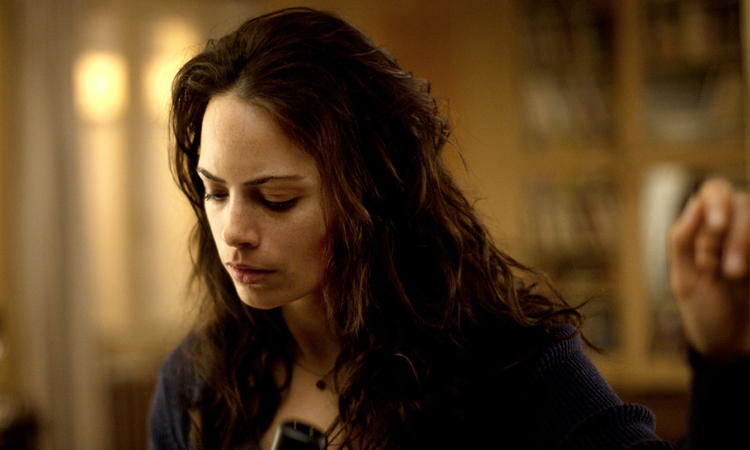By Ural Garrett · December 12, 2013

While U.S./Iran relations remain notably nonexistent, director Asghar Farhadi surprisingly became an important unifier between both nations following his 2012 Academy Award win for Best Foreign Language Film with A Separation. Since the win, he’s has gone to become one of Time Magazine’s “100 Most influential People” and join 500 Iranian activist in a letter asking United States President Barack Obama to take steps in ending hostilities. Farhadi’s credibility as an advocate for change can be seen in his films that grab the heart regardless of geographical affiliation. That streak of compellingly human character studies continues thanks to French-language family melodrama The Past (Le Passé). From it’s gray opening to somewhat optimistic ending, this is a film that lingers on the mind days after viewing. It’s quite clear why Iran chose to have the film represent them at next year’s Oscar’s.
Ali Mosaffa lends a quite strength as Ahmad; a man arriving in Paris attempting to finalize his divorce after four years with (soon to be) ex-wife Marie, played by a nuanced Bérénice Bejo (earning Cannes Best Actress win this year). The time apart has led Marie to Tahar Rahim’s role as Samir, a man whose child she’s currently carrying. Adding to the drama are children from former relationships in some of The Past’s most subtly phenomenal performances. Ahmad and Marie’s youngest child Léa (Jeanne Jestin) seems to be the most well mannered but eldest daughter Lucie (Pauline Burlet) and Samir’s son, Fouad, cause trouble that later becomes understandable by the film’s end. That nonjudgmental approach Farhadi’s screenplay takes goes a long time to establishing characters that feel incredibly grounded. Thematically, The Past does for Depression what A Separation did for Alzheimer’s disease. Farhadi presents the outcome of a broken mind on the world at hand with the ease of someone well versed. In The Past, depression forms the catalyst for major plot points (which won’t be spoiled) quite realistically.
Complementing the melodrama is how well Mahmoud Kalari’s cinematography portrays Farhadi’s less romanticized version of Paris. Farhadi’s visuals are more concerned with Samir’s dry cleaning business and corner pharmacy dry cleaner where Marie works than the Eiffel Tower. The removal of the “best of tourist attraction” approach many directors abuse whenever shooting in the city feels fresh. Every sound effect is an added layer of emersion. The first iteration between Ahmad and young Fouad is made more believable. In fact, some of the best moments come from utter silence. Additionally, much kudos to the sound department’s cleverness as The Past doesn’t feature any music till the end credits (something becoming a signature as of late for Farhadi). Use of music to emote feeling feel artificial at times, but this film’s script does a fine enough job on its own without it.
Exploring the closing of an exhaustive chapter to an unsure new one, The Past feels so real thanks to a captivating script, perfectly subtle acting and warm aesthetics.